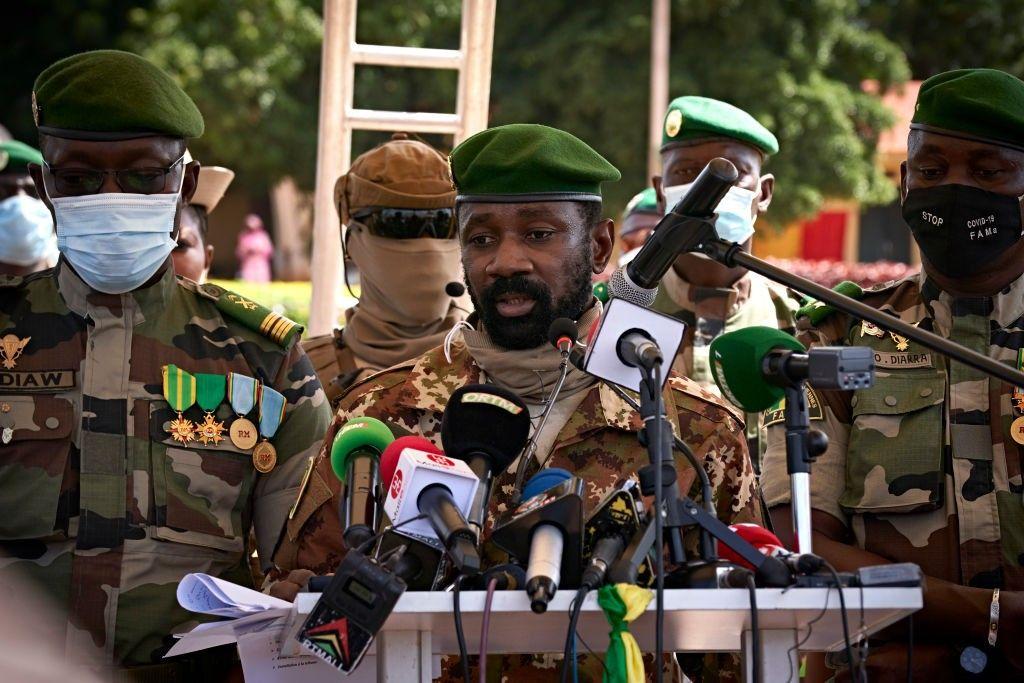"Grin du Manager" in Bamako: Focusing on Continuous Training for Corporate Transformation
On September 26th, Le Club Aliber and the African Institute of Management (IAM) organized an afterwork event in Bamako called "Grin du Manager." This event focused on the challenges and opportunities surrounding continuous training for executives in Mali.
Strategic Importance of Investing in Human Capital
The meeting brought together around thirty professionals from the private sector, academia, and training institutions. The discussion centered on the strategic importance of investing in human skills to support the competitiveness of Malian companies. Participants emphasized that developing employee competence is no longer just a benefit, but is vital to the performance and future growth of Malian businesses.
Influential voices from the business world shared their insights. Speakers like Yacouba Souleymane from Coris Bank, Karamoko Dembélé from Sonatam, Yacouba Baby from Simplon Mali, and Sidi Dagnoko from the Conseil national du patronat, agreed that the future of companies depends on the quality of their human resources. They noted that without adequate skills to use equipment, drive innovation, or meet the demands of an increasingly competitive market, technical and material investments lose their value. This is particularly important as Mali navigates digital transformation.
Continuous Training: A Necessary Investment
Participants highlighted that in large international companies, continuous training is integral to the development strategy. These organizations allocate a dedicated annual budget, often between two and ten percent of their turnover, to fund skills development programs. They collaborate with specialized schools, external firms, or internal trainers to anticipate the evolution of professions and adapt their teams to new economic realities. This model, while not yet widespread in Mali, is seen as essential for competing in a globalized market.
In an environment marked by digital transformation, technology integration, and increasingly complex markets, training can no longer be seen as a cost, but as a strategic investment. Companies that dedicate significant resources to it improve their productivity, strengthen their competitiveness, and create new growth opportunities.
Overcoming Obstacles to Funding and Implementation
A key obstacle identified was funding. The lack of suitable mechanisms prevents many companies, especially SMEs, from planning and sustaining their training activities. Participants called for the creation of a national consultation framework involving the State, the private sector, educational institutions, and technical partners to design a sustainable funding model. They noted that other countries have combined tax resources, public contributions, and external support to structure effective vocational training ecosystems capable of supporting economic transformations.
Beyond financial resources, the relevance of training to actual market needs was also discussed. Speakers stressed the need to involve companies in the development of programs, to better value the acquired skills of professional experience, and to encourage the certification of skills. These measures would ensure that the efforts made produce concrete results and truly contribute to the performance of organizations.
A Collective Vision for the Future
The event concluded with a shared conviction: investing in human capital is no longer a choice but a condition for transforming the national economy sustainably. Continuous training, long considered a luxury, is now a strategic lever for attracting investment, stimulating innovation, and offering new opportunities to young talents. The Grin du Manager established itself as a space for reflection and proposals, paving the way for a collective mobilization around the ambition to build a training ecosystem capable of supporting the country's development.
| Key Discussion Point | Details |
|---|---|
| Funding Challenges | Lack of suitable funding mechanisms hinders SME training initiatives. |
| Strategic Investment | Training is increasingly viewed as a strategic investment, not a cost. |
| Skills Adéquation | Need for better alignment between training programs and market needs. |
 Visit the website
Visit the website





